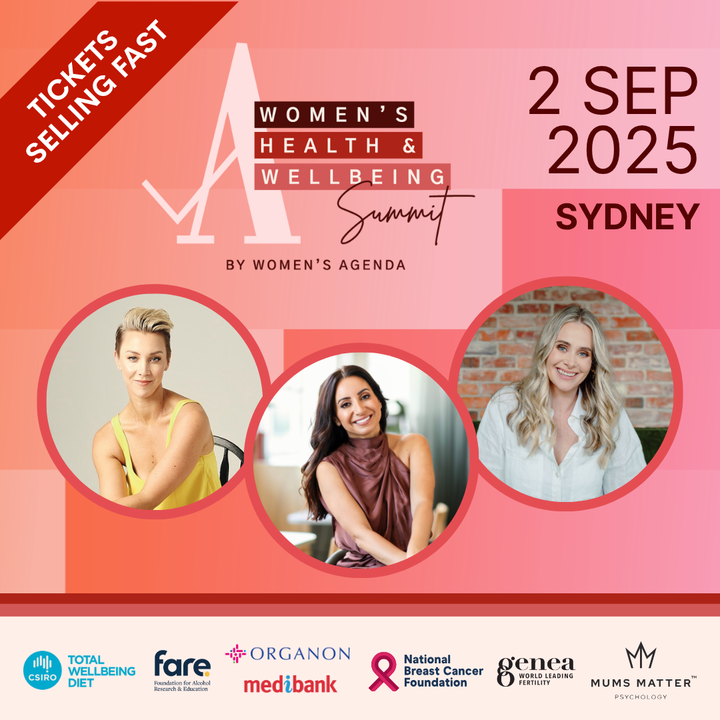The report was referring to the latest Credit Suisse 2018 Global Wealth Report according to which the median wealth per Australian adult is US $191,453. Australia now has pole position, leading the global wealth chart and pushing Switzerland down to second place with a median wealth per adult of “only” US $183,339.
“Move over Davos” proclaimed The Age and, given that Switzerland is for most of us the embodiment of wealth, most of us do feel at least a hint of pride when we see how we suddenly outdo Switzerland, the world’s epitome of wealth.
But then we come out of our happy-go-lucky, easy going Saturday weekend feeling and reality hits.
We remember that “median wealth per person” means the middle person’s wealth when lining up all Australians in a row. In other words, 50% of Australians are even wealthier than US $191,453 – wow! – but – and this is where reality bites – 50% of Australians are less wealthy. A lot less wealthy.
In fact, so much less wealthy that many of them will, if they don’t already, soon make up the fastest growing cohort of Australians that are homeless because what they live on, especially in their retirement, is not enough.
It’s Australian women in particular that are below the wealthy golden middle line.
Do you wonder who they might be? Can you think of a face of such a female? Might they be your mum? Your auntie? Your cousin? Your neighbour? No? Not your mum? Not your auntie? Well, do you know how much super they have when they retire? Do you know how much super you will have when you retire?
Currently, in Australia men retire with 47% more super than Australian women, meaning Australian women retire with almost 50% less than Australian men. So much less super, that the fastest growing cohort of Australians sliding into homelessness are Australian women who are aged over 50 and single. If you don’t know any, count yourself lucky. And if you think we are exaggerating, read any one of the recent reports on the issue. Stories of such women are sadly becoming all too frequent.
Something does not add up.
It does not add up for us that women who raised you or who looked after a disabled child, sick partner or relative, in other words who spend many hours of her life performing essential caring roles, retires in poverty as a result of caring.
We are one of the few OECD countries that does not value caring and does not pay super to carers. Nor do we pay super on parental leave. We don’t pay super to those who earn less than $450 per month from one employer despite usually having several part-time jobs in order to have flexibility when looking after the kids.
One in two women in Australia earns less than $37,000 a year. And nothing will change for future generations unless we make substantive changes now.
That’s why we started the #Makesuperfair campaign at Women In Super. We sadly recognise that reports – even if you’d like to enjoy and be proud of them – only tell one side of the story and mask the much more unpleasant other side of the coin.


